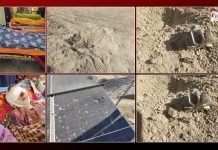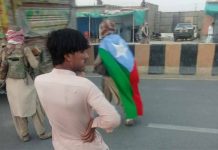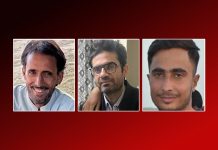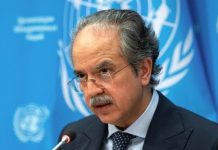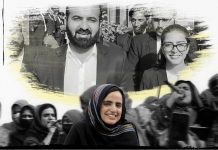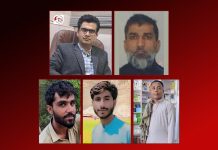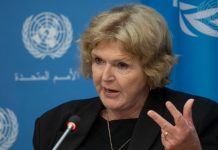Pakistani authorities are reportedly refusing to hand over the bodies of Baloch Liberation Army (BLA) “fidayeen” (self-sacrificers) who were killed during an attack on the Pakistani military headquarters in Bela, Balochistan, on August 25-26, 2024.
Family members of the deceased have expressed frustration, claiming that despite formally contacting officials, they have received no response regarding the release of their loved ones’ remains. The families argue that once identification has been confirmed, there is no legal or moral justification for withholding the bodies.
The BLA launched “Operation Herof” in late August, targeting key locations across Balochistan, including military camps, convoys, highway blockades, police stations, and government installations. The attack on the Bela military headquarters was a major part of the operation, carried out by seven members of the BLA’s elite unit, the Majeed Brigade.
Two of the attackers, Mahal Baloch, also known as Zilan Kurd, and Rizwan Baloch, reportedly detonated vehicle-borne improvised explosive devices (VBIEDs) at the gates of the headquarters, while the remaining fighters took control of the facility for nearly 20 hours.
This is not the first time Pakistani authorities have faced criticism for withholding the bodies of insurgents or those killed in clashes with security forces. Earlier this year, the bodies of BLA fighters who attacked Pakistan’s second-largest naval airbase in Turbat were withheld for five days, and when released, were severely decomposed due to extreme heat and the lack of proper morgue facilities.
In past incidents, families have claimed that authorities imposed conditions on them, including demands for public condemnations of the attacks or the signing of “Forms” to claim the bodies. These conditions, the families argue, lack legal basis and are used as propaganda tools by Pakistani intelligence agencies.
Local political and social groups have condemned the withholding of bodies, stating that the practice exacerbates tensions in Balochistan and deepens resentment toward the Pakistani state. They argue that denying families the right to bury their loved ones is a violation of basic human rights and serves as a tactic of intimidation.
Pakistani authorities have not commented on the reasons for withholding the bodies, nor have they provided any details on conditions for their release.





